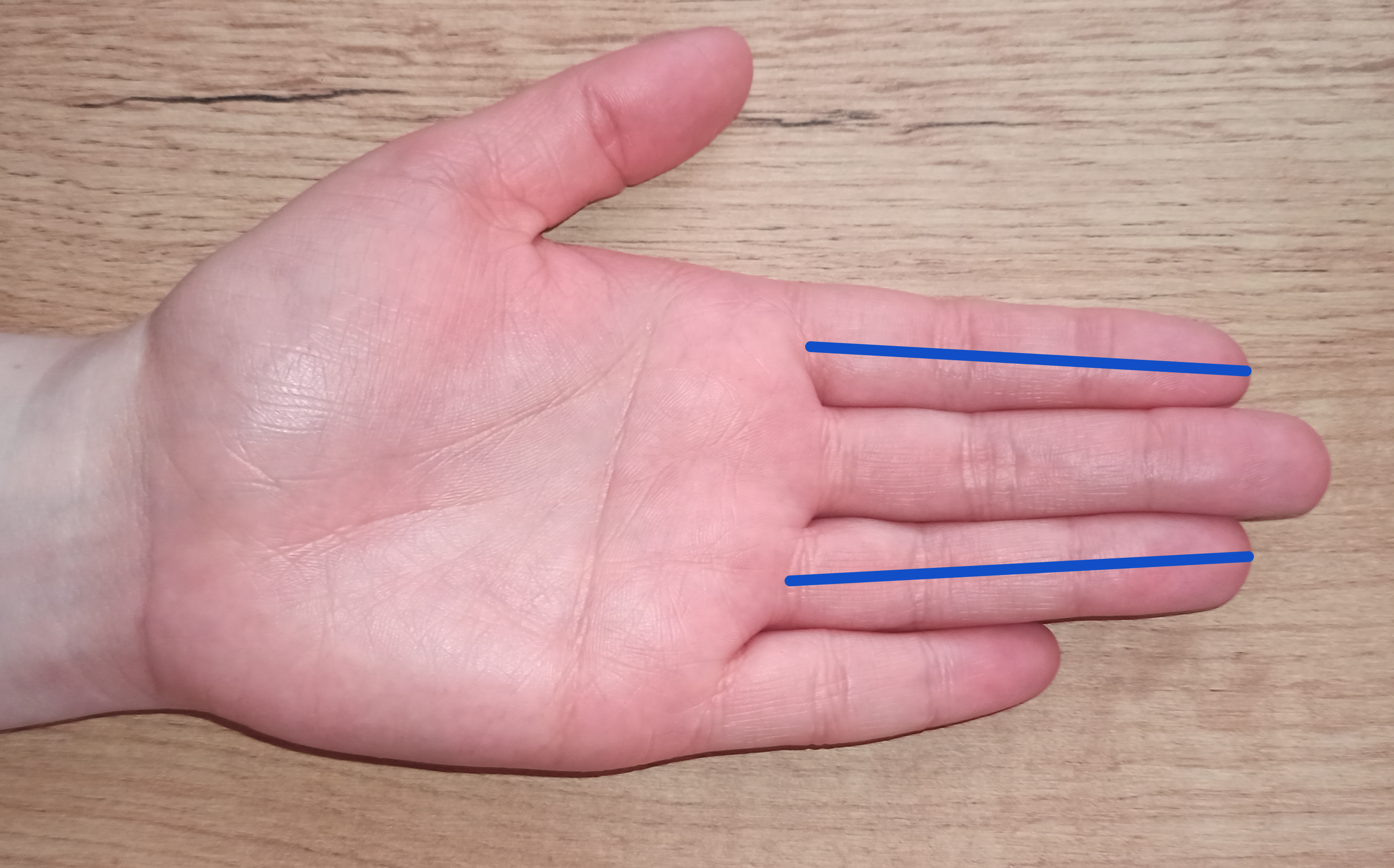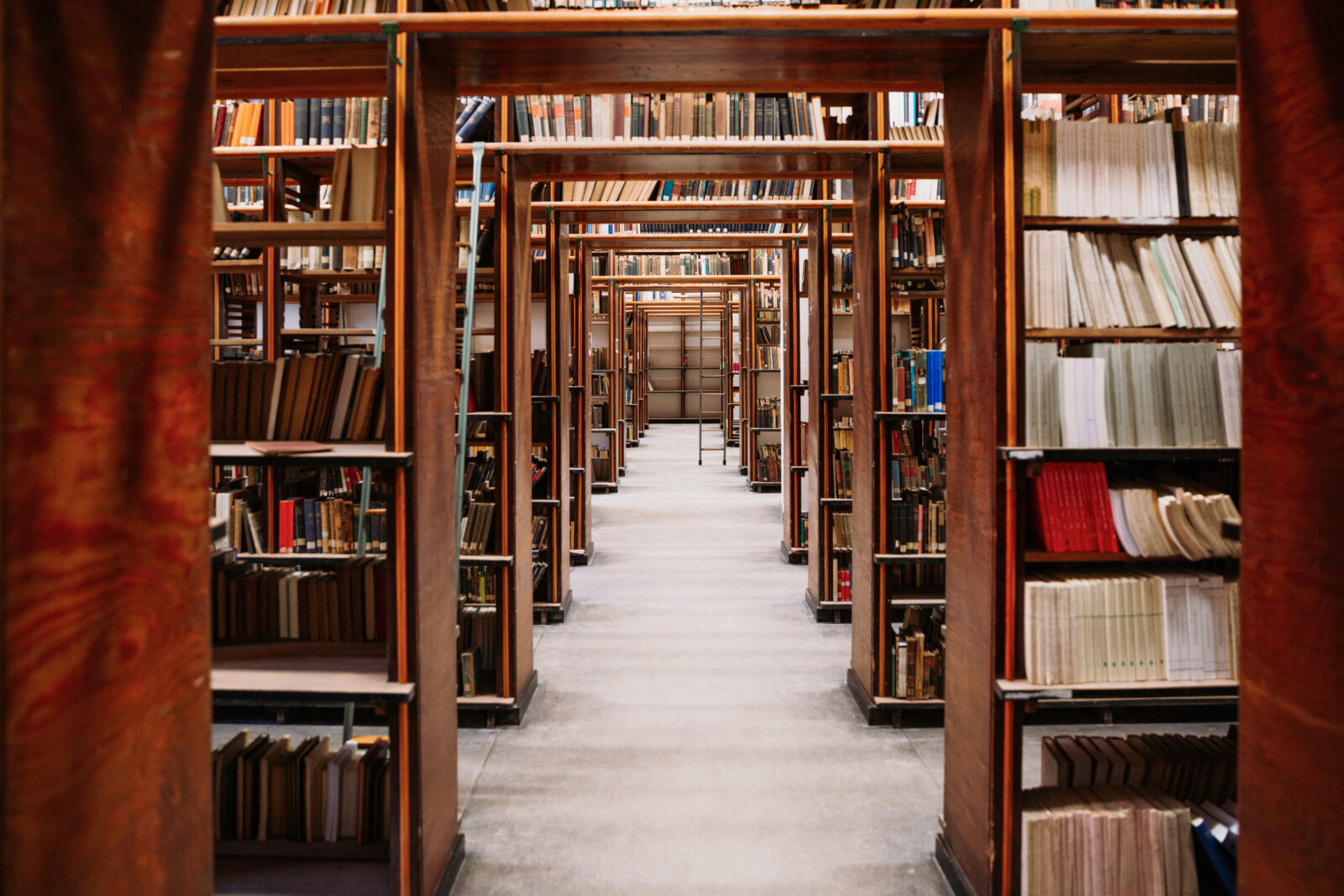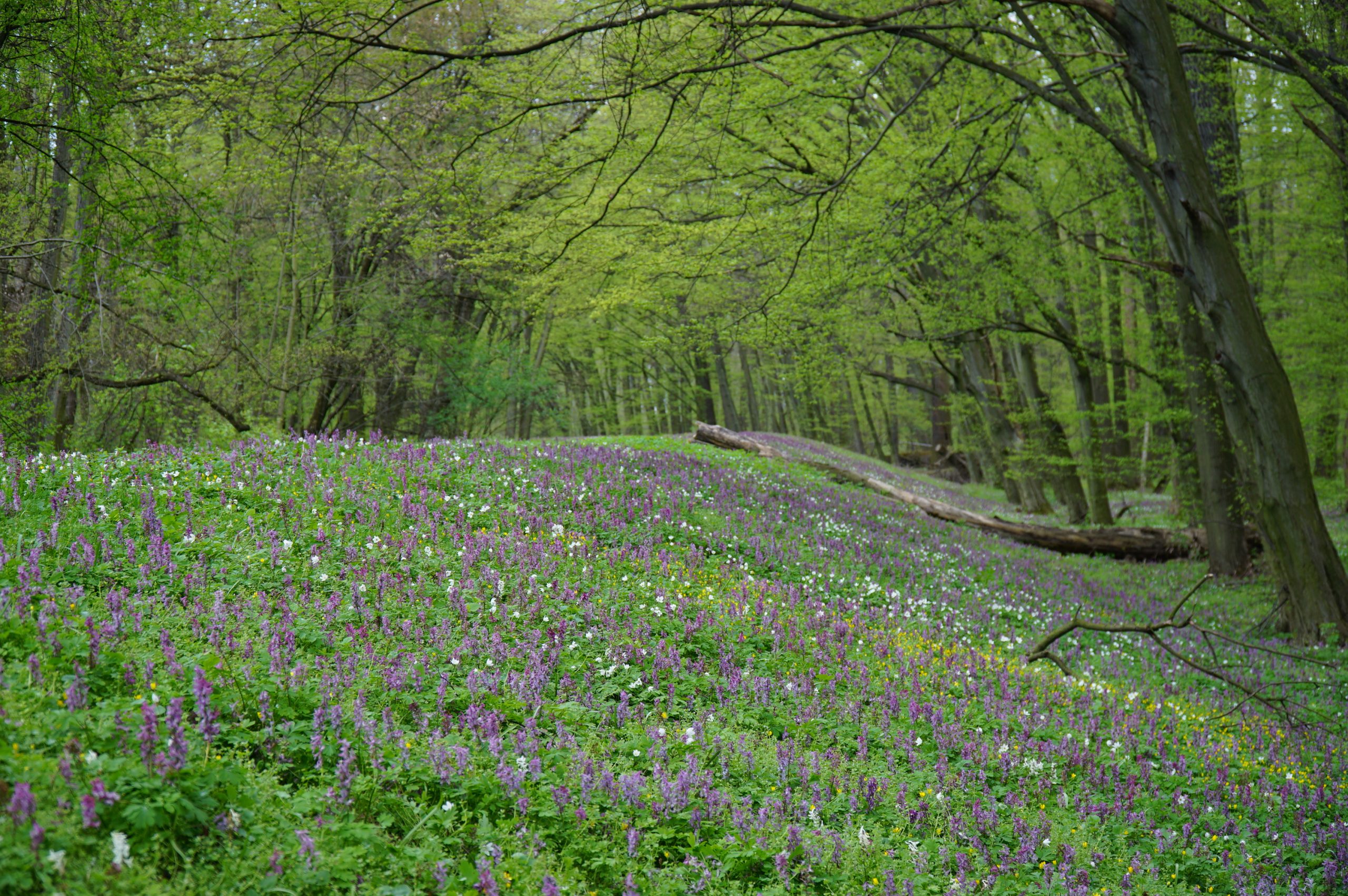UL: Our publications
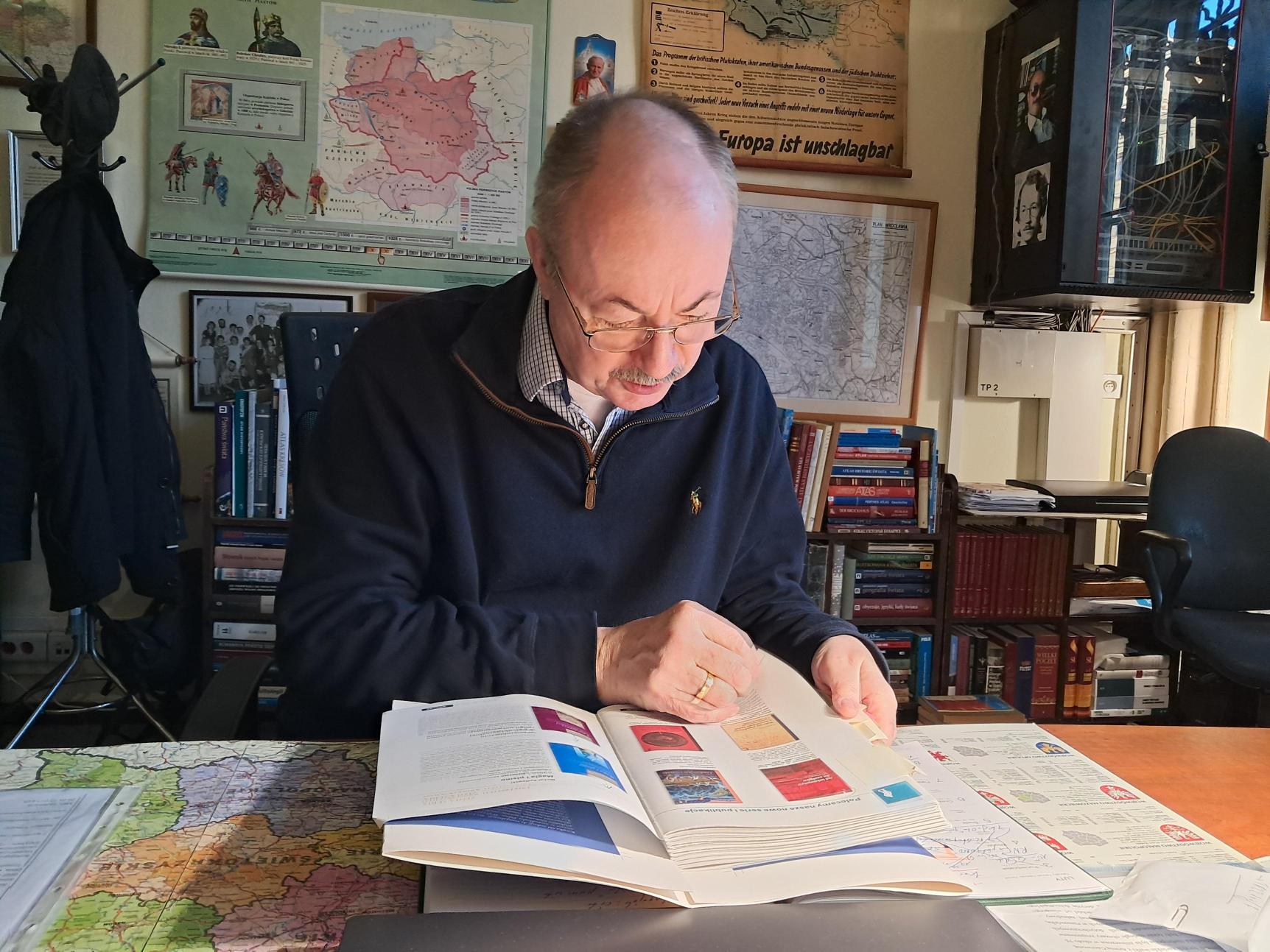
What’s new at the University of Wrocław Press? In our series #MondayswithWUWr, we keep you up to date with the most important events, book news and issues important to the Publishing House! We also encourage you to follow the wuwr.eu website and the Publishing House’s social media – Fb, LinkedIn and Instagram and YouTube . We encourage you to follow!
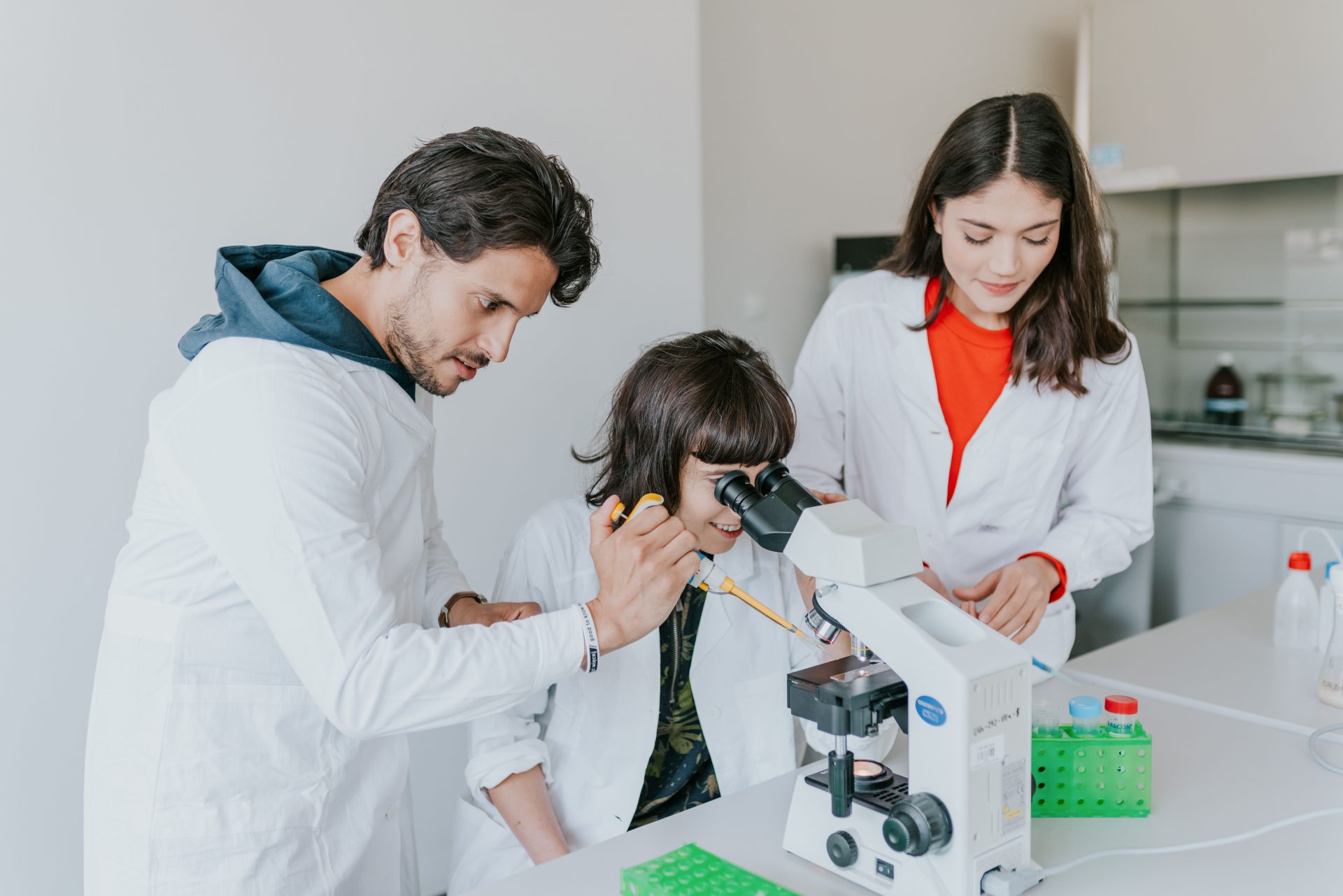
A team of scientists from the Faculty of Biotechnology of the University of Wrocław, composed of: Karolina Pląskowska, dr Łukasz Makowski, dr Agnieszka Strzałka, prof. dr hab. Jolanta Zakrzewska-Czerwińska, received the Prof. Bassalik, awarded by the Committee on Molecular Biology of the Cell of the Polish Academy of Sciences, for the best work in the field of microbiology created in a Polish laboratory. The work of the awarded team has also been published in the prestigious journal mBio (American Society of Microbiology).
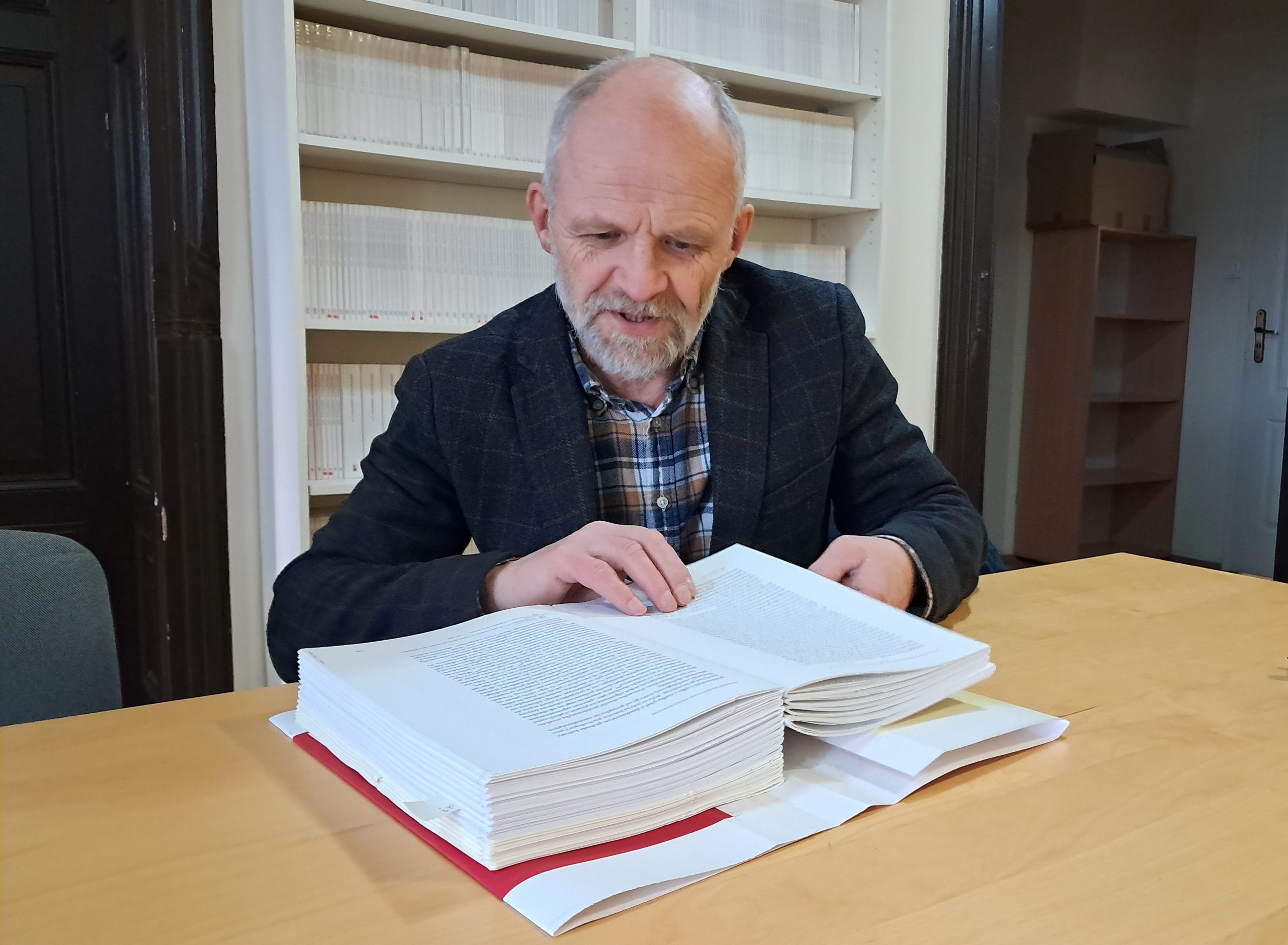
What’s new at the University of Wrocław Press?
In our series #MondayswithWUWr, we keep you up to date with the most important events, book news and issues important to the Publishing House! We also encourage you to follow the wuwr.eu website and the Publishing House’s social media – Fb, LinkedIn and Instagram and YouTube. We encourage you to follow!
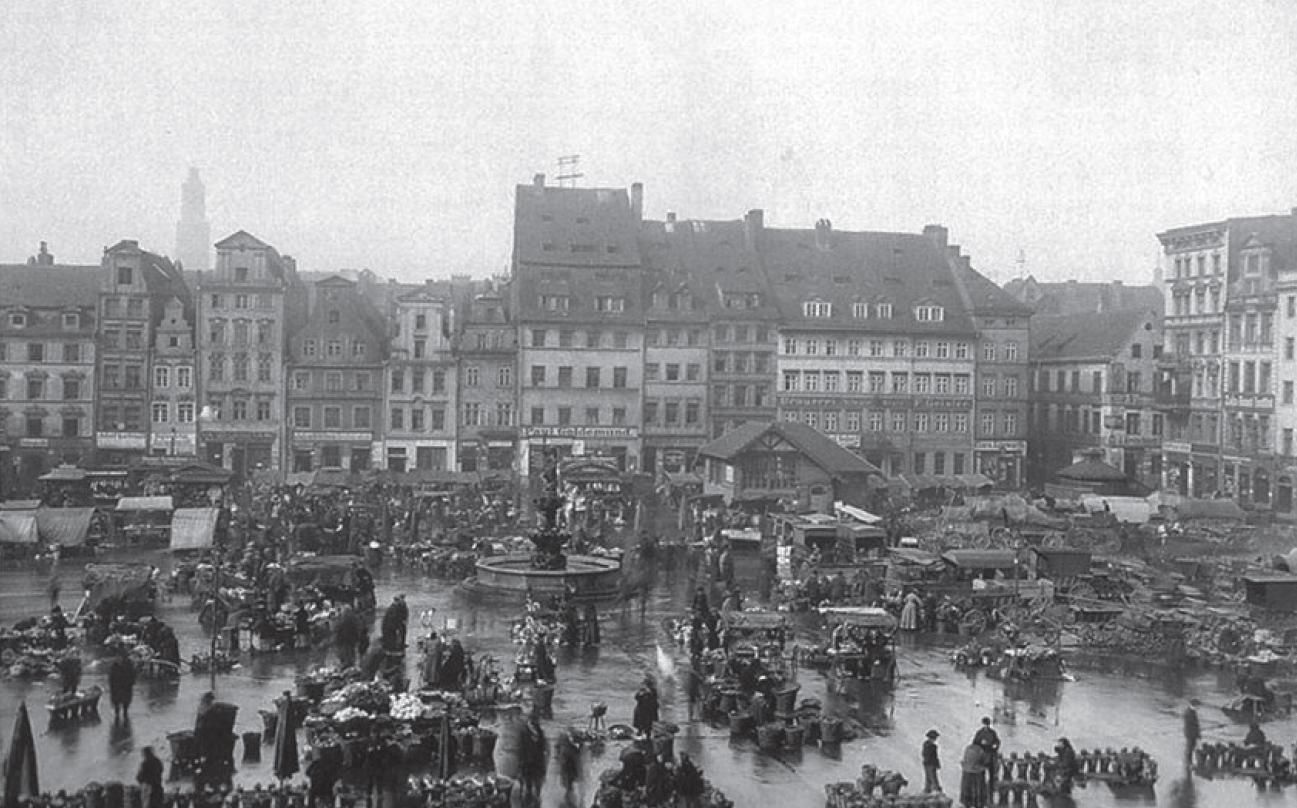
What’s new at the University of Wrocław Press? In our series #MondayswithWUWr, we keep you up to date with the most important events, book news and issues important to the Publishing House! We also encourage you to follow the wuwr.eu website and the Publishing House’s social media – Fb, LinkedIn and Instagram and YouTube. We encourage you to follow!

A team of scientists , including dr inż. Jakub Szperlik from the Tissue Cultures Laboratory of the Botanical Garden at the Faculty of Biological Sciences, decided to test whether the holly species available in Poland have fatty acid contents and profiles similar to those known for their subtropical counterpart. The results of their study were published in the journal Molecules
UWr biologists have investigated how global warming and trace metal pollution affect the viability of macrohydrophytes, or aquatic plants. The […]

What’s new at the University of Wrocław Press? In our series #MondayswithWUWr, we keep you up to date with the most important events, book news and issues important to the Publishing House! We also encourage you to follow the wuwr.eu website and the Publishing House’s social media – Fb, LinkedIn and Instagram and YouTube. We encourage you to follow!
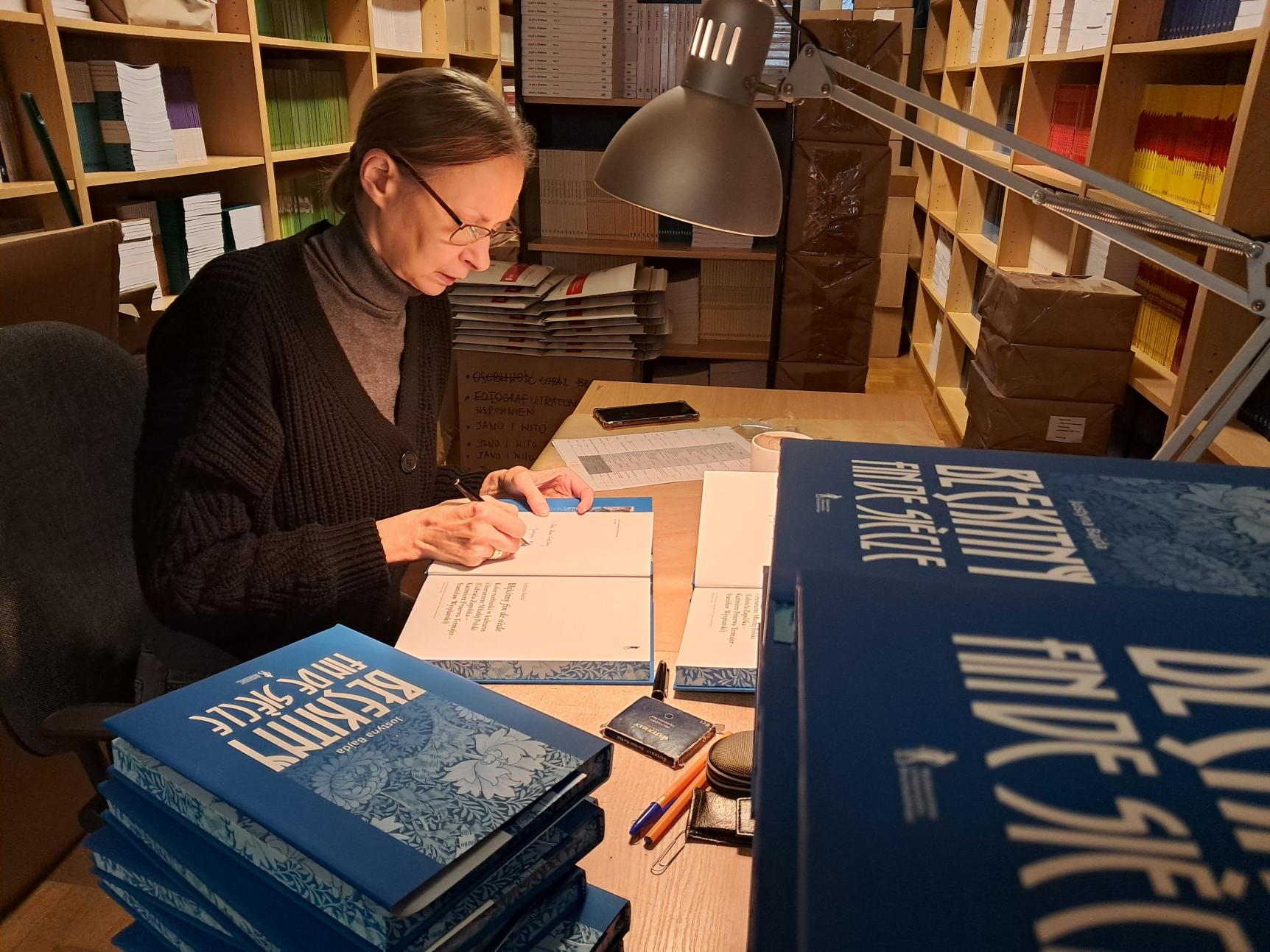
In our series #MondayswithWUWr, we keep you up to date with the most important events, book news and issues important to the Publishing House! We also encourage you to follow the wuwr.eu website and the Publishing House’s social media – Fb, LinkedIn and Instagram and YouTube. We encourage you to follow!
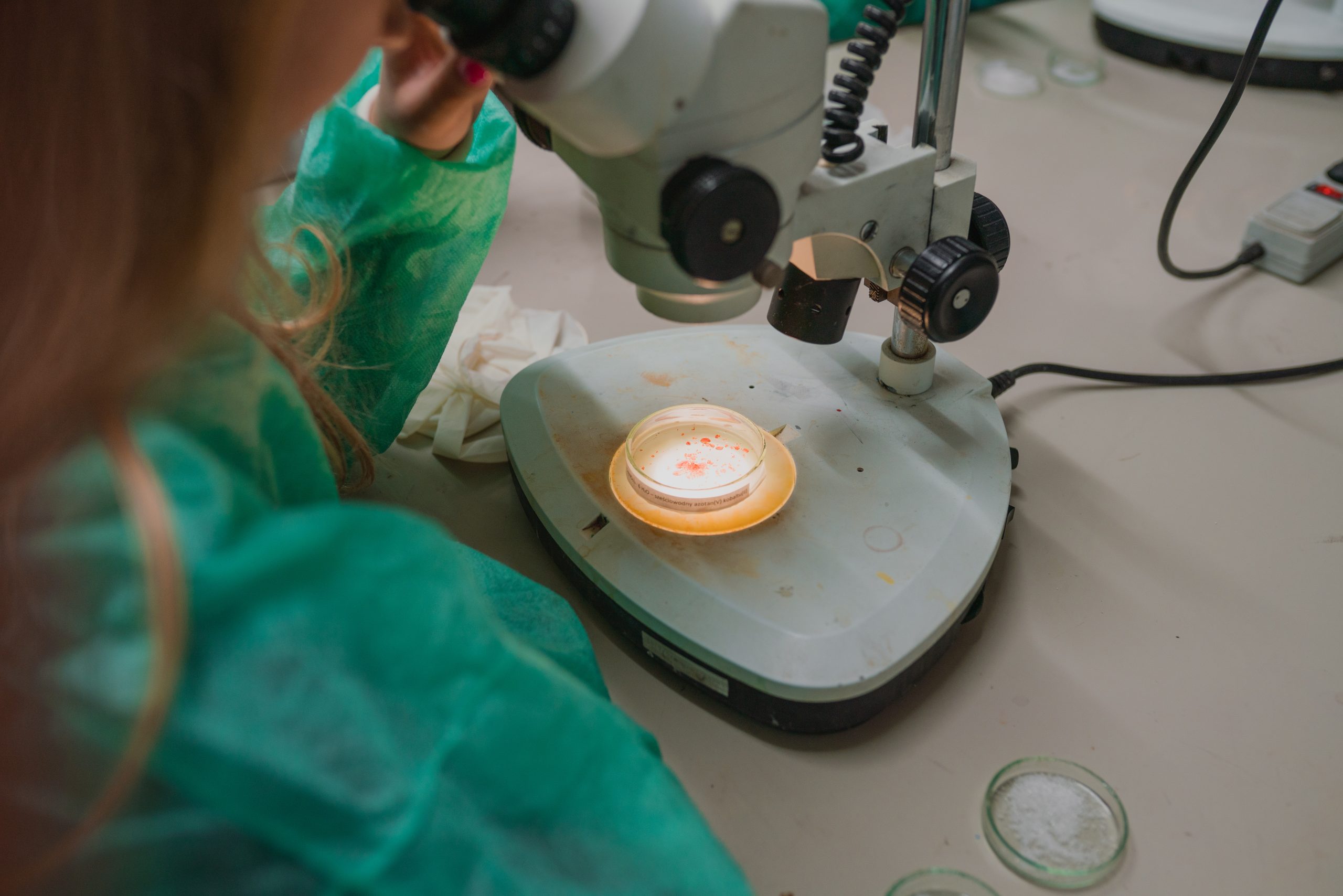
The January issue of Nature Communications published a paper showing how ribosomes (the translational machinery) change their position during the sporulation process in the bacterium Bacillus subtilis. The research was carried out by a team of dr hab. Agata Starosta from the Institute of Biochemistry and Biophysics of the Polish Academy of Sciences in cooperation with scientists from our University’s Faculty of Biotechnology – dr Joanna Hołówka and prof. Jolanta Zakrzewska-Czerwińska.
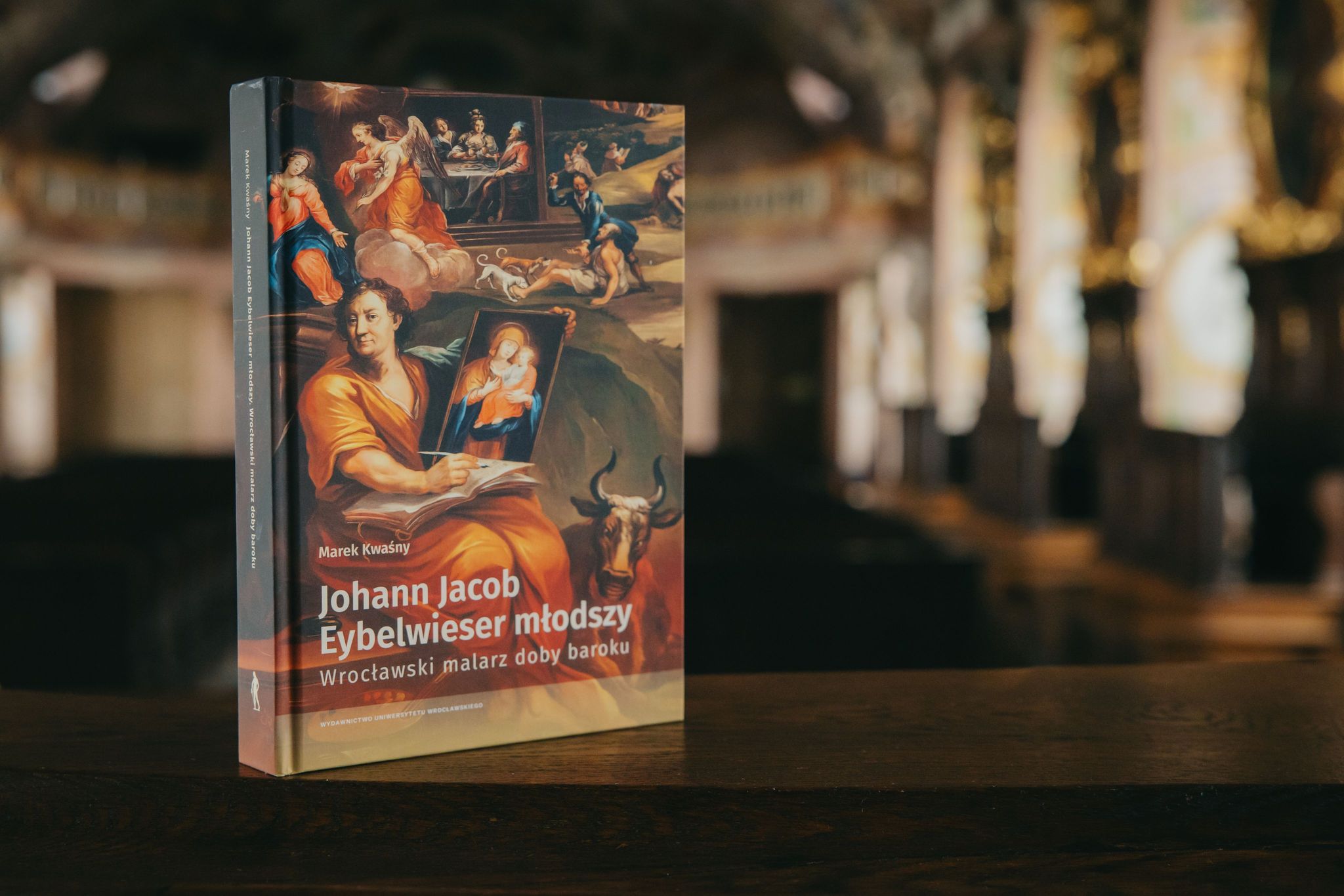
There’s a lot going on at the University of Wrocław Press and we want to keep you informed!
In our series #MondayswithWUWr, we keep you up to date with the most important events, book news and issues important to the Publishing House! We also encourage you to follow the wuwr.eu website and the Publishing House’s social media – Fb, LinkedIn and Instagram.
Climate change is widely perceived as a negative phenomenon. The sudden, heavy rains and violent floods recently seen in various […]




